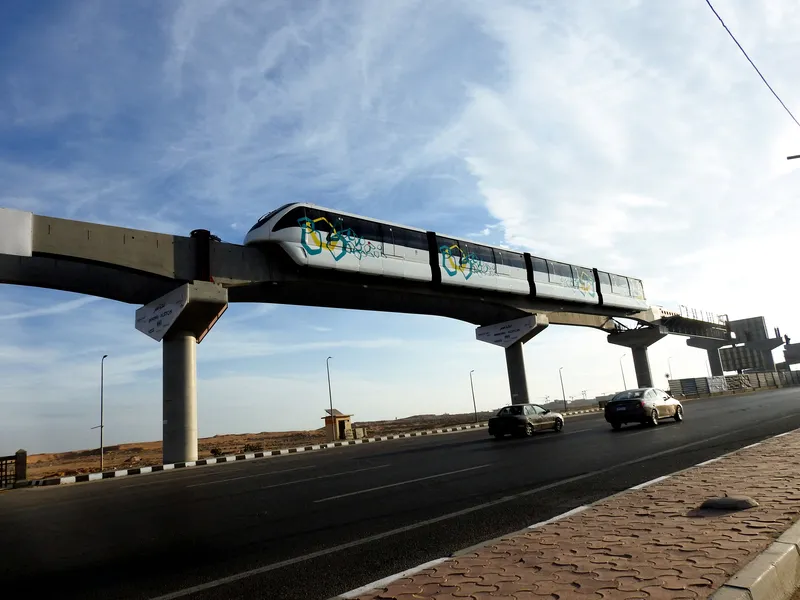Transport services providers and providers of journey planners should build on existing synergies and cooperate more closely on providing multimodal, cross-border journey planners, European Commission transport MEPs said. They are calling on the Commission to take the measures necessary to support and facilitate the efforts being made on development of intermodal ticketing.
Transport MEPs ask member states, by 2020 at the latest, to introduce national updated timetable and fares information systems ‘on the basis of open interfaces linking the travel data’ for regional and local urban public transport. By 2024 these should be linked on a cross-border basis and made accessible to operators, to providers of journey planners and to consumers.
All local public transport should be equipped with intelligent systems relaying real-time information about the position of the transport vehicle, MEPs add.
If no significant progress in creating integrated, interoperable multimodal, cross-border ticketing systems is made by 2020, they ask the Commission to take legislative action by introducing minimum rules, building on the progress already made and the voluntary initiatives already introduced.
“Up to now, it is too difficult and sometimes impossible to get tickets for a cross border travel - especially if someone wants to use different modes, for example a train and a bus,” said Dieter-Lebrecht Koch (EPP, DE). “In our modern and online times, we must be able to create a more integrated ticket. This would make the lives of travellers so much easier. It doesn't need to stay a dream, let's start working on this now," he added.
Transport MEPs repeated calls for a Charter of passenger rights covering all modes of transport to be presented by the Commission by the end of 2017. This charter should include a separate section on multimodal journeys with clear and transparent protection of passengers´ rights “in the multimodal context taking account of the specific characteristics of each transport mode, and integrated multimodal ticketing”, they added.
More attention should also be paid to the needs of people with disabilities or limited mobility as well as to the special requirements of elderly people in relation to access to travel information before and during journeys, MEPs stressed.
Boost efforts to develop intermodal ticketing, say Transport MEPs
Transport services providers and providers of journey planners should build on existing synergies and cooperate more closely on providing multimodal, cross-border journey planners, European Commission transport MEPs said. They are calling on the Commission to take the measures necessary to support and facilitate the efforts being made on development of intermodal ticketing.
May 29, 2015
Read time: 2 mins









